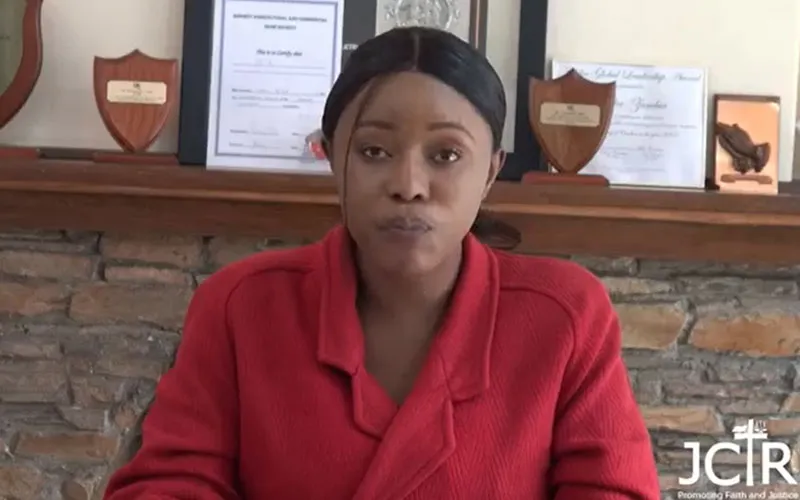Lusaka, 08 June, 2022 / 4:16 pm (ACI Africa).
Introducing subsidies on food and energy in Zambia as advised by the International Monetary Fund (IMF) is not going to be sustainable, Jesuit scholars in the Southern African nation have told the government.
In a Tuesday, June 7 statement shared with ACI Africa, officials of the Jesuit Centre for Theological Reflection (JCTR) react to the Basic Needs and Nutrition Basket (BNNB) report that outlines Zambia's cost of living for May 2022.
JCTR officials say, “given Zambia’s current economic situation (fiscal deficit and national debt overhang) it will not be sustainable to re-introduce subsidies.”
Last month, the Head of the IMF, Kristalina Georgieva, told the BBC that governments need to subsidize the cost of food and energy for the poorest members of society.
The landlocked Southern Africa nation owes $27 billion, inclusive of interest arrears, to foreign and local creditors. The debt includes $16.86 billion in foreign holdings, of which $520 million is interest arrears.








